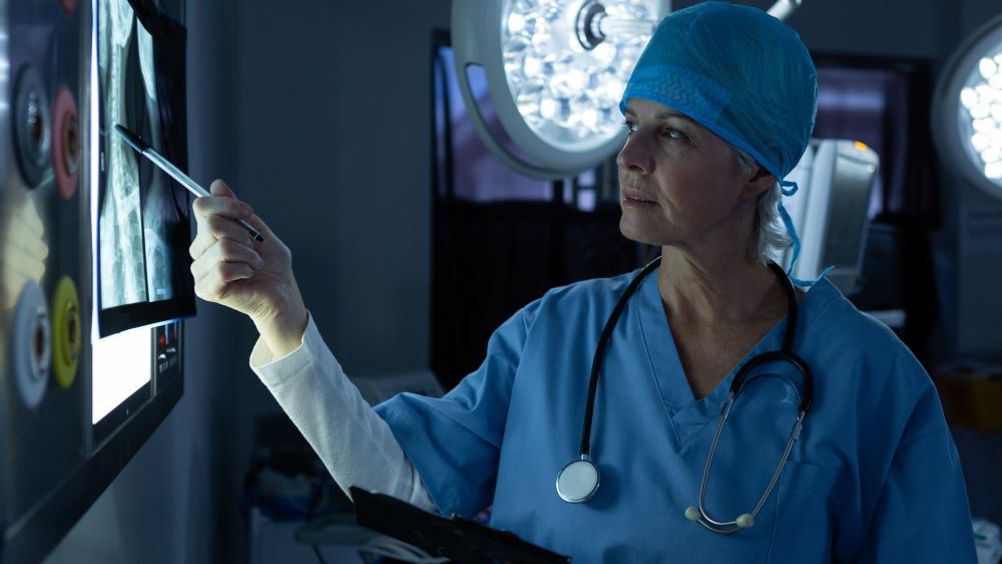Radiographer non-medical prescribing: independence and implications for practice

Abstract
Abstract
Non-medical prescribing is not a new initiative in healthcare. The modernisation of the NHS, strained workforces in radiotherapy and clinical oncology and the recognition that the role of the radiographer extends across the entire patient pathway has motivated development of therapeutic radiographer roles. For advanced, expert and consultant radiographers, this includes non–medical, supplementary, and independent prescribing authority. Limitations in current prescribing legislation have the potential to negatively impact these services. However, the overall benefits of non-medical prescribing for the patient, professional and entire workforce are undeniable. Radiographer non-medical prescribing is pertinent to the maintenance and continued improvement of cancer services.
Since 2005, radiographers have had the authority to act as non-medical supplementary prescribers Department of Health (DoH, 2005a). It is only in recent years, however, that the introduction of radiographer independent prescribing has been passed.
Although the primary role of the therapeutic radiographer is treatment planning and delivery, it has been recognised that the role extends far beyond this. NHS England acknowledge that ‘therapeutic radiographers play a vital role in the delivery of radiotherapy services and are extensively involved at all stages of patients' cancer treatment’ (NHS England, 2016a).
Non-medical prescribing (NMP) is becoming invaluable to evolving radiotherapy roles and practices, enabling radiographers to provide the best possible care to patients.
NMP is important to both the radiography profession and to the modernisation of the NHS by improving services, patient pathways and patient's access to medicines (DoH 2005b, DOH, 2006). The NHS Cancer Plan, supported by the College of Radiographers (CoR), encouraged radiographers and other allied health professions (AHPs) to extend their roles and develop new skills, knowledge and competencies, which crossed traditional boundaries (DoH, 2000; CoR, 2000; CoR, 2002). The National Radiotherapy Advisory group (NRAG) report acknowledged that a significant proportion of a doctor's routine work (20%) could be delivered by appropriately trained non-medical health care professionals in specialist roles (NRAG, 2007).
Register now to continue reading
Thank you for visiting Journal of Prescribing Practice and reading some of our peer-reviewed resources for prescribing professionals. To read more, please register today. You’ll enjoy the following great benefits:
What's included
-
Limited access to our clinical or professional articles
-
New content and clinical newsletter updates each month

